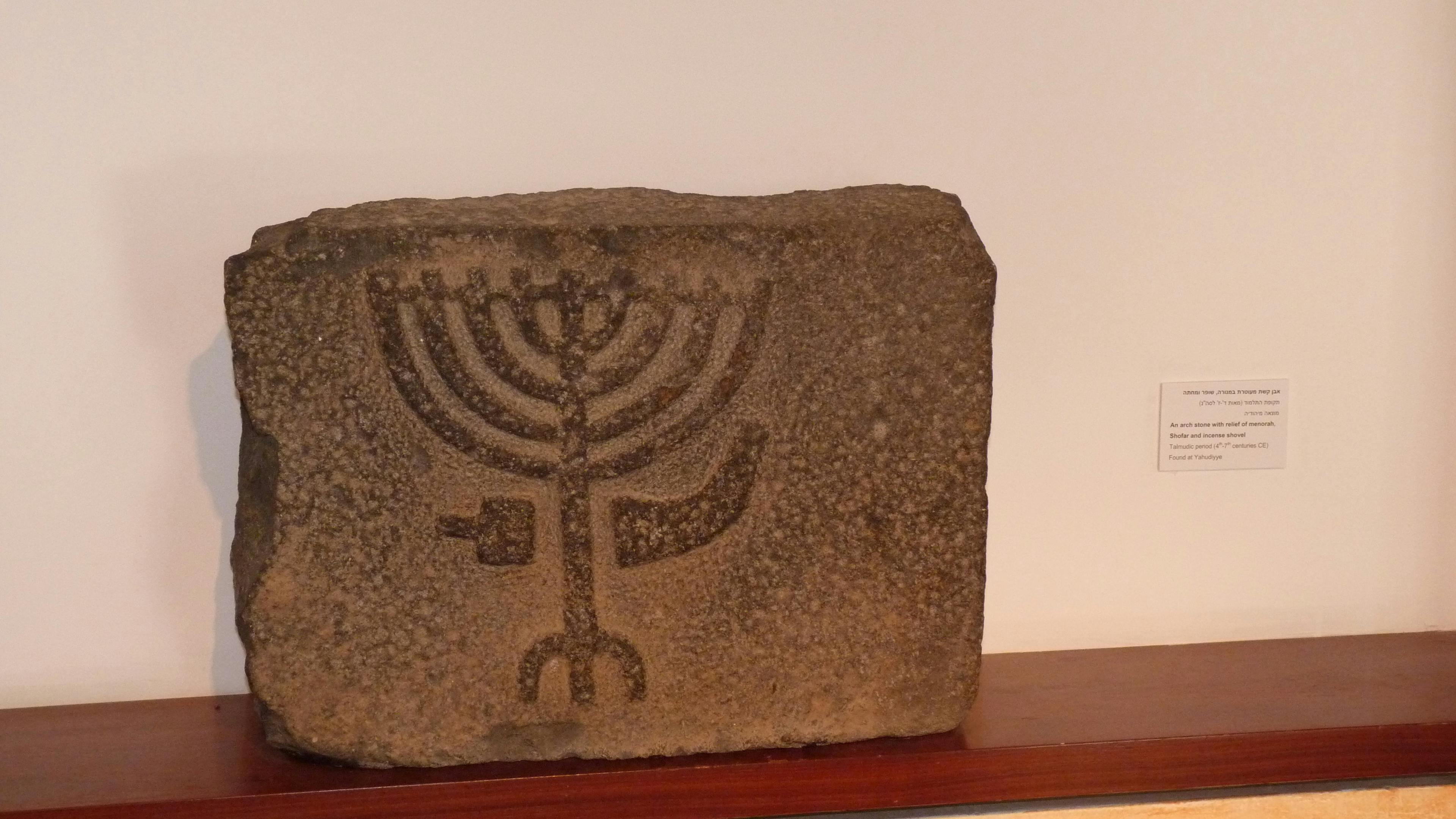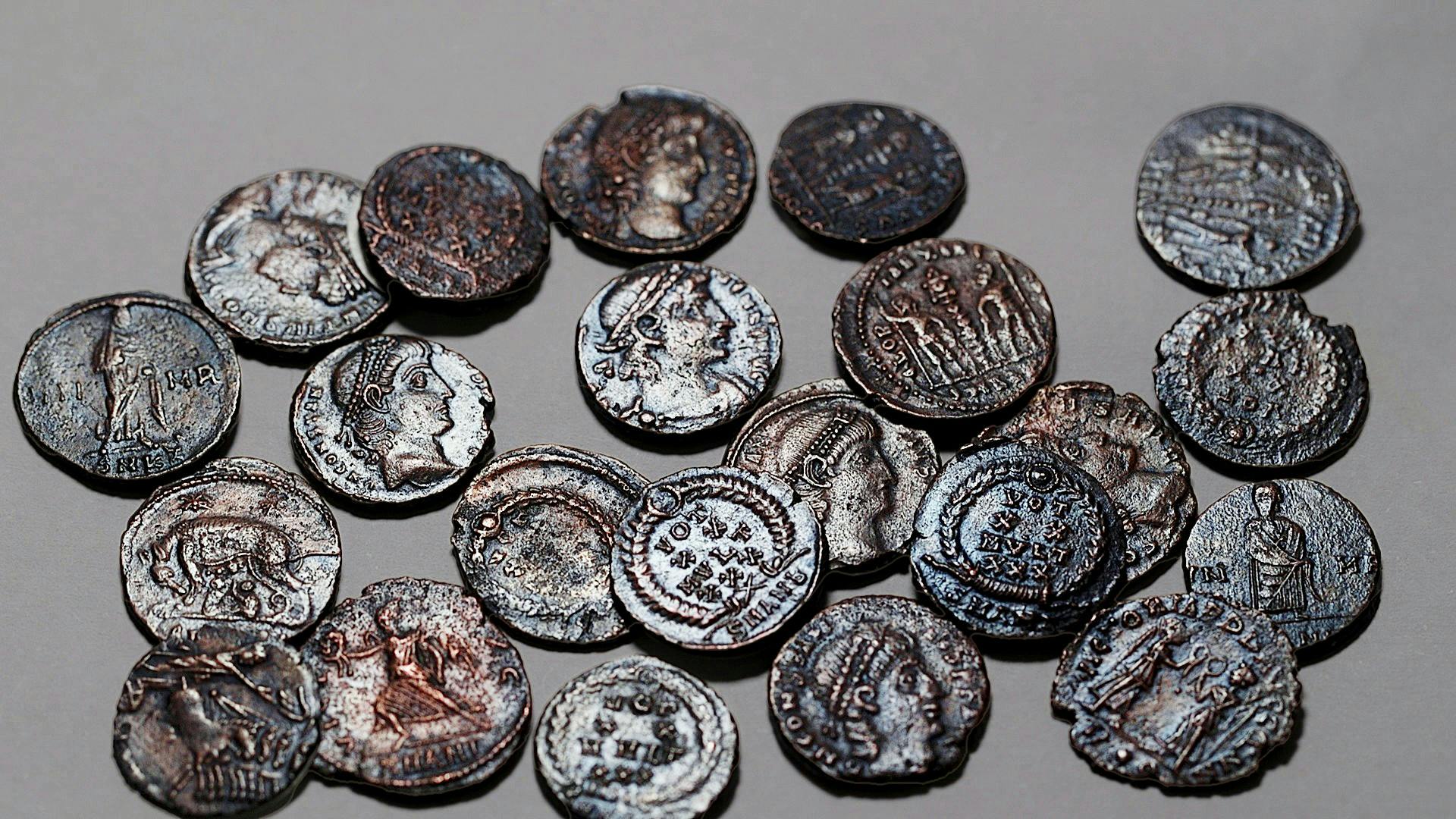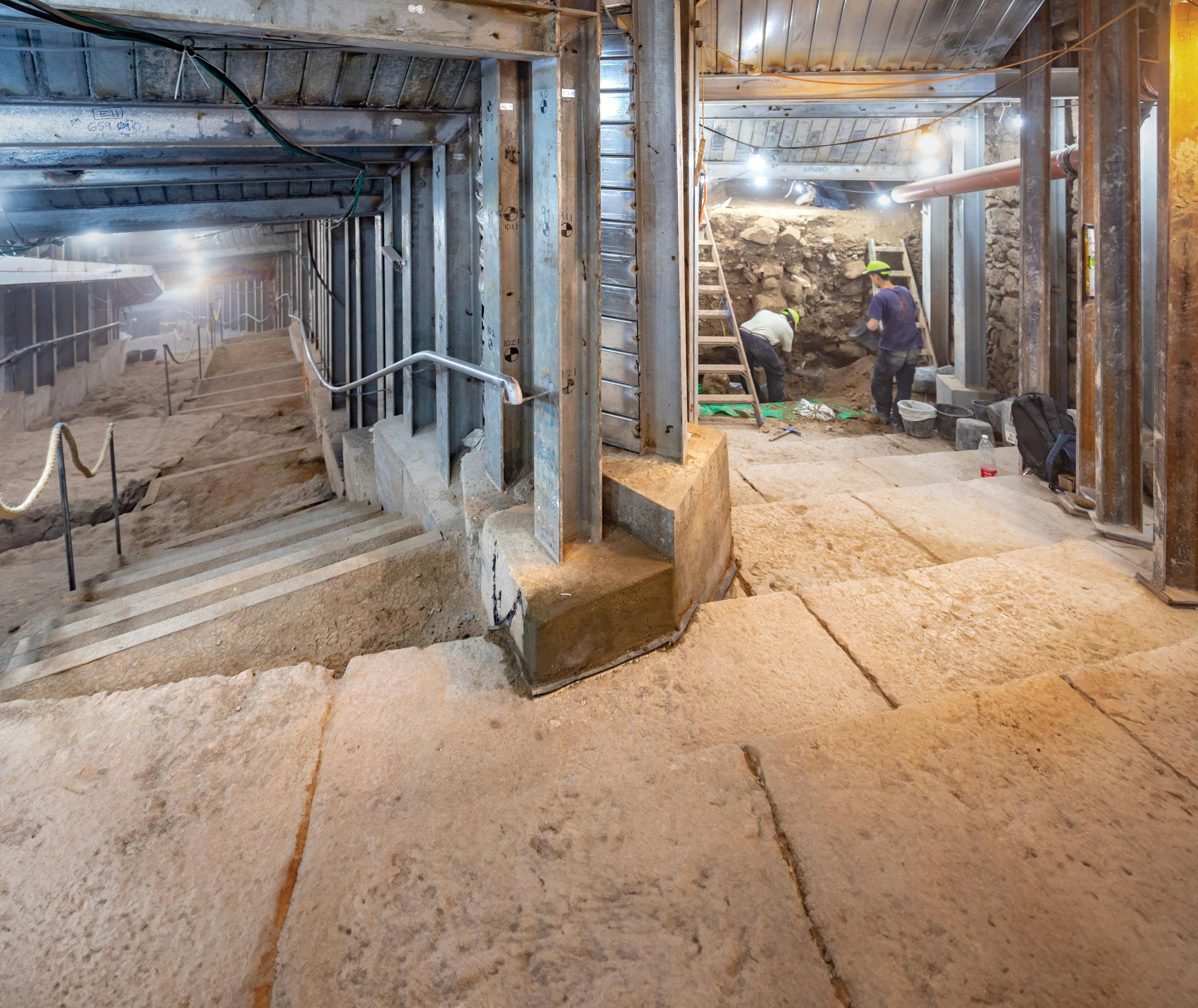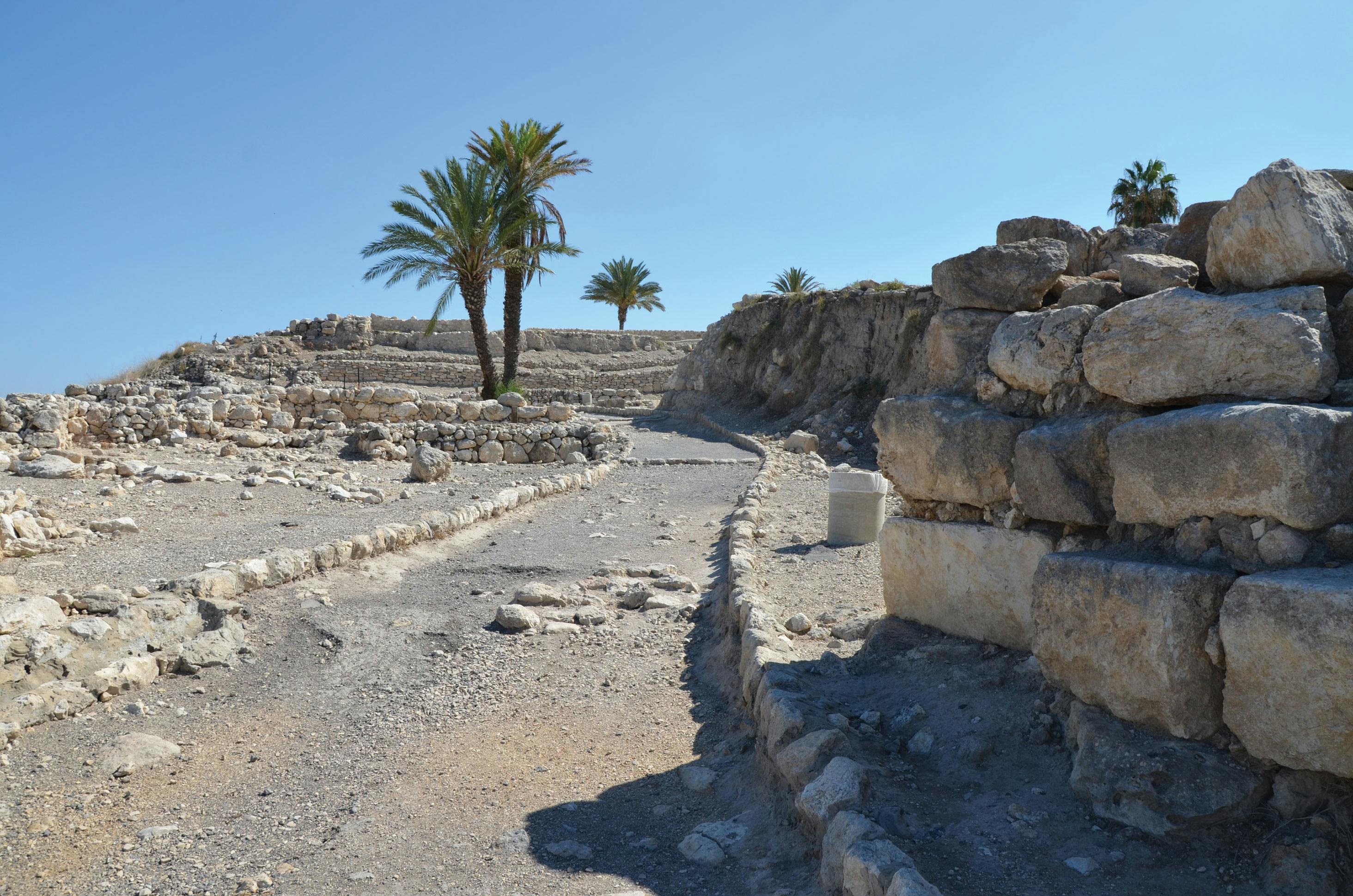The Diet of Early Jerusalemites
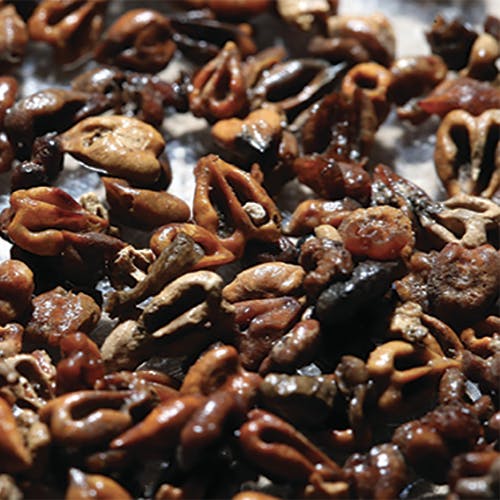
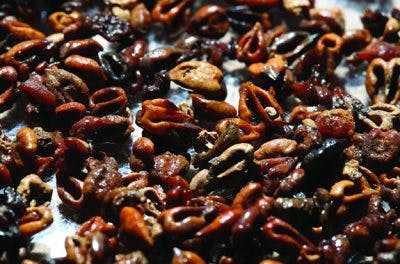
Recent archaeological activity in the City of David in Jerusalem found evidence of a 1,100-year-old refuse pit which sheds some interesting light on what the population of the Abbasid period (AD 750–940) was producing and eating.
Eggplant seeds, among other things, were identified in the pit. This was the earliest evidence of eggplant found in Israel. Also found were grape seeds, olives, mulberries, lentils and figs. Eggplant originated in Persia and thus points to trade connections a thousand years ago between Jerusalem and neighboring countries.
Also found in the pit was a well-preserved oil lamp with an inscription of a blessing in Arabic. This was the time of the Arab conquest of Jerusalem and pointed to a change in commerce and also a change in the diet of the local community.
The seeds were preserved in the pit due to a unique set of circumstances. The seeds underwent a natural mineral process that rendered them inorganic. Their outer form did not change and decompose. So now the archaeologists and archaebotanists are able to tell us something about the dietary habits in Jerusalem’s early Islamic period.
Related Resources

Discover Your Purpose and God’s Heart For You
In today's divided, turbulent world, it's essential for the Church to rediscover God's heart. Our free e-book, authored by a seasoned expert with three decades of experience in Israel, delves deep into the teachings of Jesus (Yeshua) to reveal God’s principles of love and purpose. Learn how embracing these truths can bring significance and impact to your life, even amidst chaos. Subscribe now to receive your free copy and embark on a journey of transformation.

